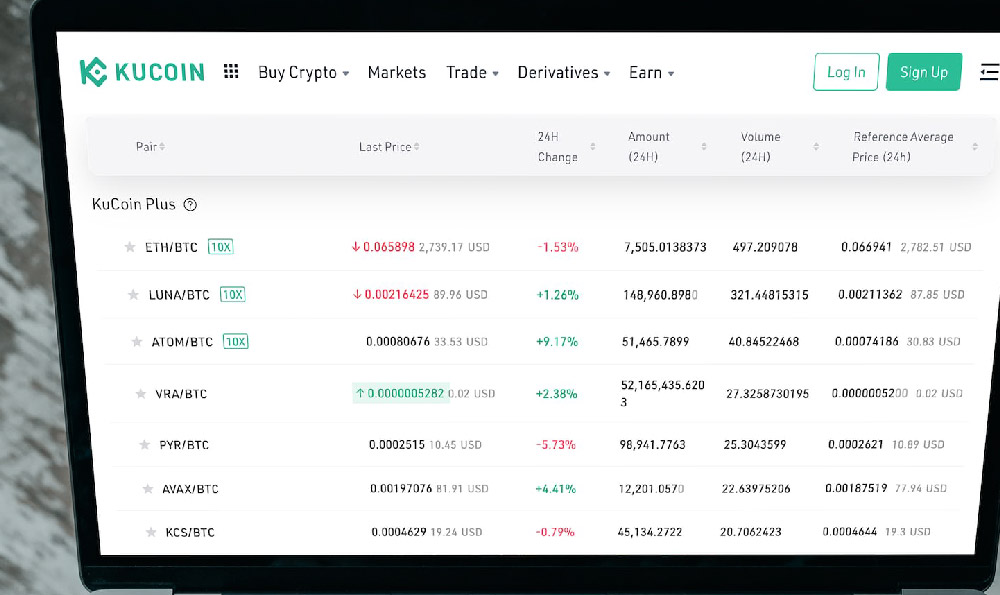Alright, let's delve into the realm of blogging, free platforms, and the potential to generate income. The idea of creating content online and reaping financial rewards is alluring, but it’s crucial to understand the landscape realistically and strategically. Success isn't accidental; it's built on a foundation of knowledge, consistent effort, and a well-defined approach.
The core principle here revolves around providing value. Readers flock to blogs that offer insightful information, solve their problems, entertain them, or connect with them on an emotional level. Without a consistent stream of high-quality content, any monetization strategy will likely falter. Think about your area of expertise or passion. What can you offer the internet that others can't, or at least, not in the same unique way? This could be anything from personal finance tips for millennials to in-depth analyses of obscure historical events or even detailed guides to crafting artisanal bread. Niche down. A broad topic will drown you in the sea of existing content. Focusing on a smaller, more specific area allows you to establish authority and attract a dedicated readership.
Now, let’s address the “free” aspect. Numerous platforms offer free blogging capabilities. Popular options include Blogger, WordPress.com (the free version), Medium, and even LinkedIn Articles. Each has its own strengths and weaknesses. Blogger is simple to use and integrate with Google's ecosystem. WordPress.com provides a robust platform with extensive customization options (though features are limited in the free tier). Medium boasts a built-in audience and a focus on quality writing. LinkedIn Articles are ideal for professionals looking to establish thought leadership and connect with industry peers. Choosing the right platform depends on your goals and technical proficiency. If you're just starting out and want a simple, easy-to-manage solution, Blogger or Medium might be ideal. If you're willing to invest more time in learning and customizing, WordPress.com (with plans to migrate to a self-hosted WordPress.org site later) offers greater flexibility.

The monetization secret isn't really a secret at all – it's multifaceted and requires dedication. There are several avenues to explore, each with its own challenges and rewards.
Affiliate marketing is a common strategy. This involves promoting products or services from other companies and earning a commission on each sale made through your unique referral link. To succeed with affiliate marketing, you need to genuinely recommend products you believe in and that are relevant to your audience. Transparency is key; disclose your affiliate relationships to maintain trust. Conduct thorough product reviews, compare different options, and provide valuable insights that help readers make informed decisions. Spamming your audience with constant promotional pitches will backfire.
Display advertising, such as Google AdSense, is another option. By placing ads on your blog, you can earn revenue based on impressions or clicks. While relatively passive, ad revenue tends to be lower compared to other monetization methods, especially for blogs with limited traffic. To maximize your ad revenue, optimize ad placement for visibility and user experience. Don't overload your site with ads, as this can detract from the user experience and drive readers away. Focus on creating high-quality content that attracts a large and engaged audience, as this will naturally lead to more ad impressions and clicks.
Selling your own products or services is a more direct route to monetization. This could involve creating and selling ebooks, online courses, coaching programs, or physical products related to your blog's topic. This approach requires more effort upfront, but it offers the potential for higher profit margins and greater control over your brand. Building an email list is crucial for this strategy. Offer a free ebook, checklist, or other valuable resource in exchange for email addresses. This allows you to nurture your audience, build relationships, and promote your products or services directly.
Sponsored content involves partnering with brands to create blog posts, reviews, or social media content in exchange for compensation. This is a lucrative option for established blogs with a strong following and a well-defined niche. When working with sponsors, ensure that the content aligns with your blog's values and is relevant to your audience. Be transparent about the sponsored nature of the content and avoid endorsing products or services you don't genuinely believe in.
Beyond these specific strategies, there are crucial overarching principles. SEO (Search Engine Optimization) is paramount. Optimize your blog posts for relevant keywords to improve your search engine rankings and attract organic traffic. This involves conducting keyword research, using relevant keywords in your titles and content, optimizing your images, and building high-quality backlinks.
Promote your blog relentlessly. Share your content on social media, participate in relevant online communities, and reach out to other bloggers in your niche for collaborations. Guest blogging on other websites can also help you reach a wider audience and build your authority.
Patience is essential. Building a successful blog takes time and effort. Don't expect to generate significant income overnight. Focus on creating high-quality content, building relationships with your audience, and consistently promoting your blog. Analyze your results, track your progress, and adapt your strategy as needed. Use analytics tools like Google Analytics to understand your audience, identify your most popular content, and track your traffic sources.
Finally, be prepared to adapt. The online landscape is constantly evolving. New platforms, technologies, and trends emerge regularly. Stay informed about the latest developments and be willing to experiment with new strategies. Continuous learning and adaptation are key to long-term success in the world of blogging and online monetization. The "secret," then, isn't a single trick, but a consistent application of strategic effort coupled with a keen understanding of your audience and the platforms you're utilizing. Remember, providing consistent value is the ultimate key to unlocking sustainable income.












